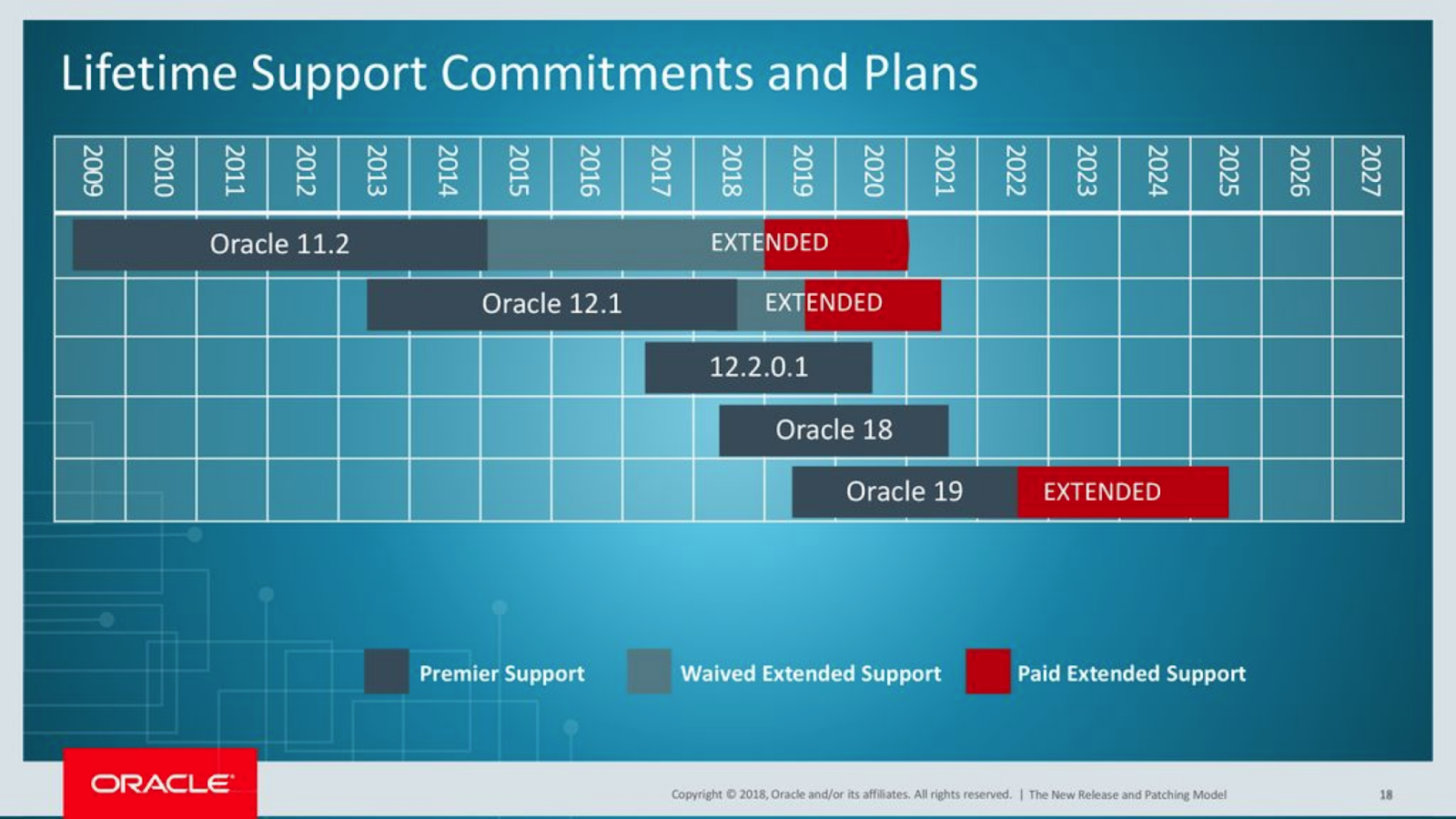
For that reason, we logged Bug 31678629 with the intent of removing the need for TREAT in this UNION ALL case, so if this is impacting you, keep an eye on that bug for progress. CREATE TABLE testjson (col1 CLOB) ALTER TABLE testjson. Could you help us the right way to wtite the query Here the use case. Unfortunately, we are not able to do that. SQL> insert into my_json_table (id, json_data) values (1,Ģ ',Ĭheck out the docs on the TREAT function and if you ever get errors using that dot notation, before you resort to falling back to the JSON_VALUE and JSON_QUERY functions, then perhaps the TREAT treatment is all you need!įootnote: We want your JSON usage to be as seamless as possible, so we’re constantly working to improve the JSON functionality. We need to extract the first value of an array from a JSON CLOB column. type.3 id number(10) not null constraint my_pk primary key, The WITH WRAPPER option surrounds the fragment with square brackets. In the following example, JSONQUERY is used to return a JSON fragment representing all the contact details for each person. Because of SQL/JSON path-expression syntax relaxation. The JSONQUERY function returns a JSON fragment representing one or more values. Note that if path expression $. were used in Example 16-1 it would give the same result. For the document in Example 4-2 the phone types are "Office" and "Mobile", and the array returned is either or. For each document it returns a VARCHAR2 value whose contents represent a JSON array with elements the phone types, in an unspecified order. Json query vs SQL query using JSON in Oracle 12c (Performance) create table persons id number primary key, person clob, constraint person check (person is JSON) The idea is persist in person column the previous JSON and use a the follow query to get that data. The error clause for json_query can specify EMPTY ON ERROR, which means that an empty array ( ) is returned in case of error (no error is raised).Įxample 16-1 shows an example of the use of SQL/JSON function json_query with an array wrapper. The wrapper clause determines the form of the returned string value. Keywords FORMAT JSON are not needed (or available) for json_query - JSON formatting is implicit for the return value.
#Oracle 12c json query example how to#
This article gives some examples on how to use Oracle SQL functions for JSON, explaining differences between them. With the help of these functions, you can query JSON data, project it relationally, and even index JSON content. If you do: CREATE TABLE foo. Basically, its a bug whereby Dot Notation doesnt work on a column which is created with a NOT NULL constraint, i.e. For example, an ASCII TAB character (Unicode character CHARACTER TABULATION, U+0009) is escaped as \t. Oracle Database 12c introduces Oracle SQL functions for JSON as a key feature of the JSON support. In case anyone else gets this issue, its documented in Oracle Support under note 2192052.1. This includes ensuring that non-ASCII characters in string values are escaped as needed. ( VARCHAR2 is the default.) The value returned always contains well-formed JSON data. The first argument to jsonquery is a SQL expression that returns an instance of a. You can thus use jsonquery to retrieve fragments of a JSON document. A BLOB result is in the A元2UTF8 character set. SQL/JSON function jsonquery selects one or more values from JSON data and returns a string ( VARCHAR2, CLOB, or BLOB instance) that represents the JSON values. In the RETURNING clause you can specify data type VARCHAR2, CLOB, or BLOB.

The path expression can target any number of JSON values. The second argument to json_query is a SQL/JSON path expression followed by optional clauses RETURNING, WRAPPER, ON ERROR, and ON EMPTY. In general, you will perform the following tasks when working with JSON data in Oracle Database: (1) create a JSON column with an is json check constraint, (2) insert JSON data into the column, and (3) query the JSON data. The result of evaluating the SQL expression is used as the context item for evaluating the path expression. Getting Started Using JSON with Oracle Database. Oracle Database 12c JSON Document store and higher, and the Oracle NoSQL Database.


It can be a table or view column value, a PL/SQL variable, or a bind variable with proper casting. Query to Get Payable Invoice Details in Oracle Fusion ERP Application. It can be of data type VARCHAR2, CLOB, or BLOB. The first argument to json_query is a SQL expression that returns an instance of a scalar SQL data type (that is, not an object or collection data type).


 0 kommentar(er)
0 kommentar(er)
